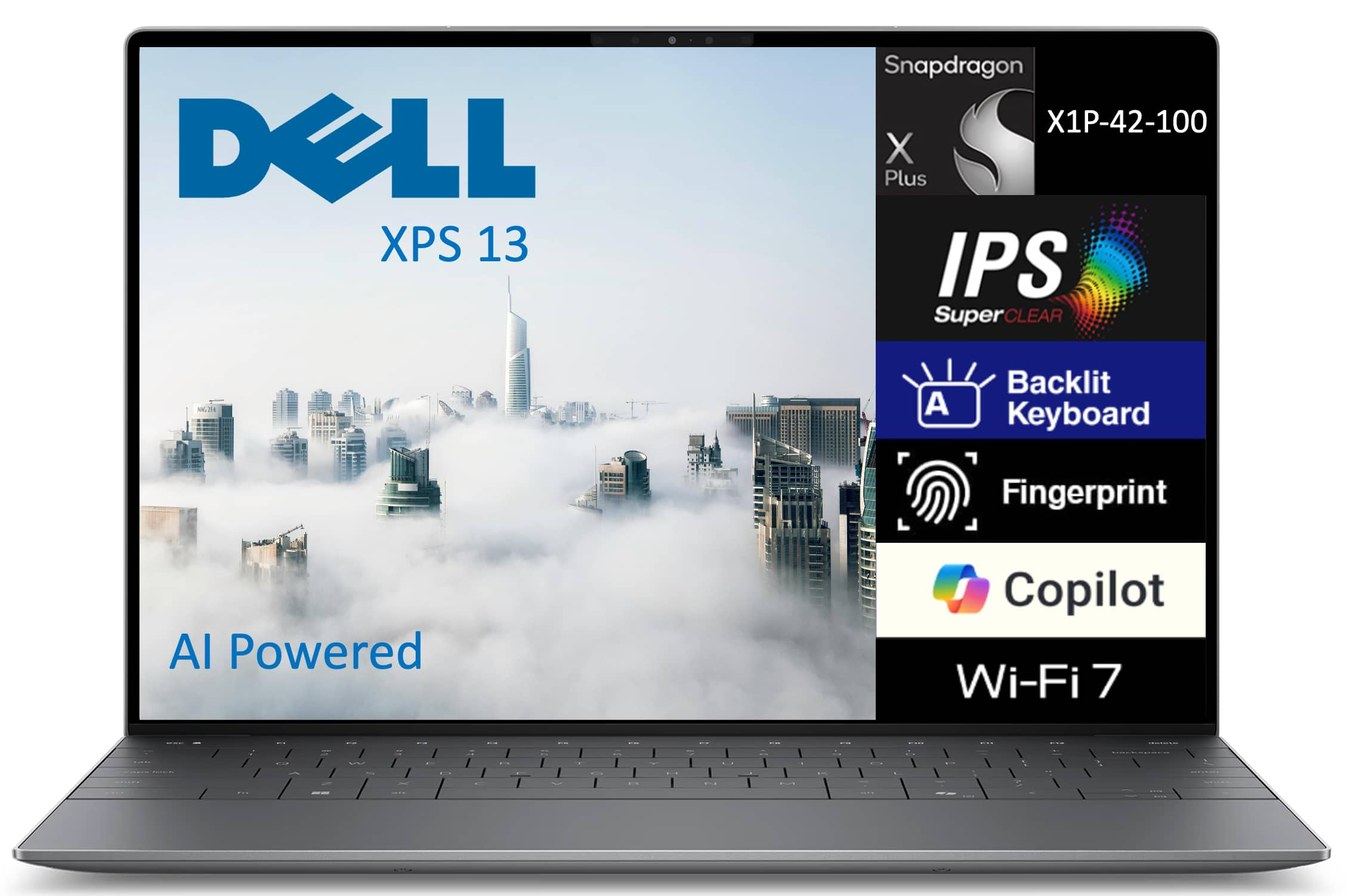I was on the fence about ChatGPT Atlas, but these planned updates could make me ditch Chrome
Some important changes are on the horizon
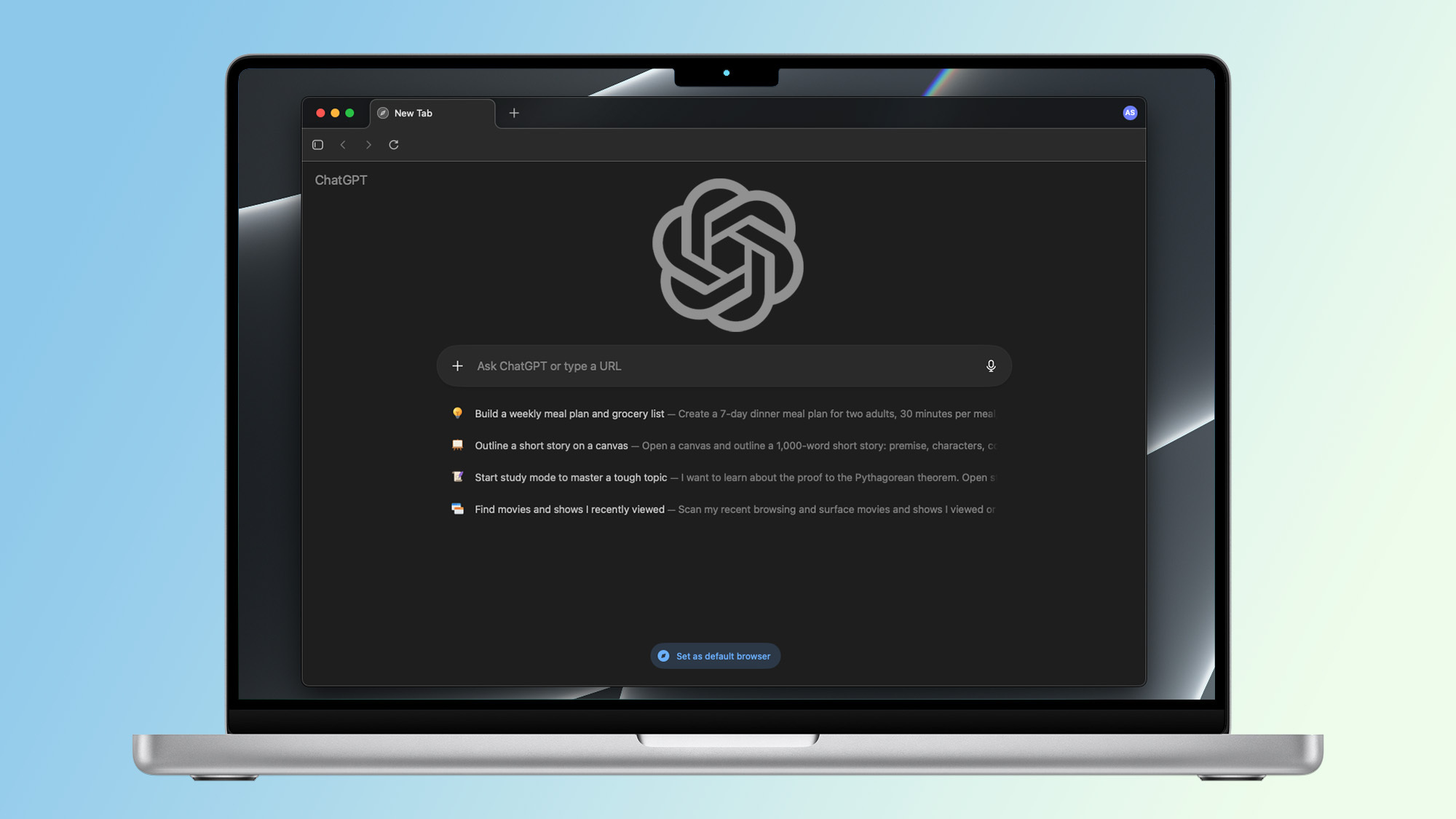
After a lot of big talk about changing the world of search, OpenAI has finally taken action, releasing its first-ever AI browser. Known as ChatGPT Atlas, it runs on the same software as Google Chrome, just with an OpenAI flair to it.
Most notably, that means that ChatGPT follows you around the web, helping you read web pages, and taking on actions on your behalf, like tracking down flight deals or finding good recipes for your dinner party.
However, while ChatGPT Atlas is a notable step-up in the world of AI and browsing, I couldn’t help but feel like some key features were missing. Luckily, just days after its launch, OpenAI is already apparently planning major upgrades.
ChatGPT Atlas updates
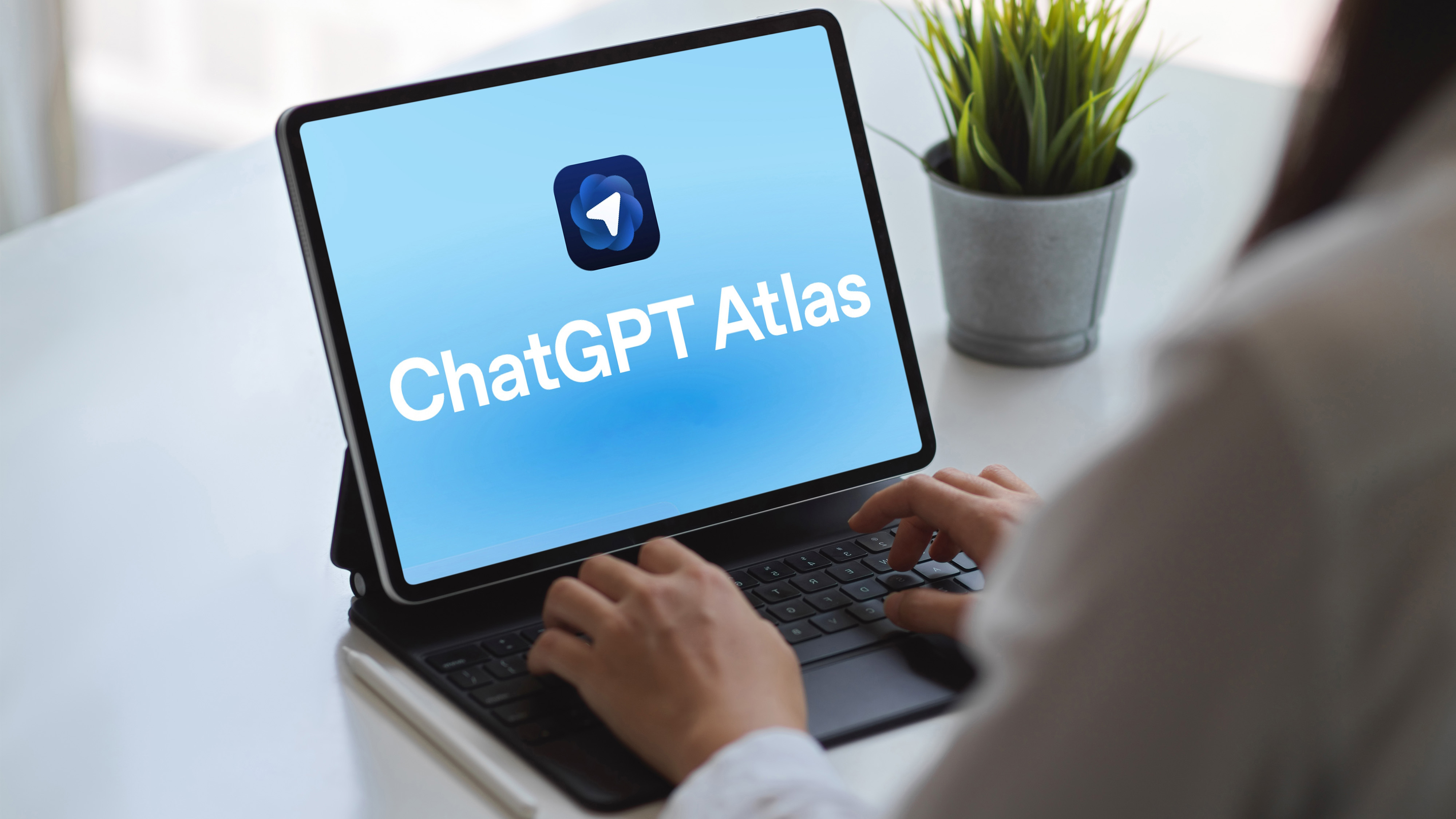
“We've received incredible feedback since launching our new browser, ChatGPT Atlas, yesterday. We're really focused on building the best product for all of you, and since launch, the team has been heads down making it better,” Adam Fry, product lead for ChatGPT Atlas, posted on X.
“In the spirit of transparency, these are the very short-term things we're fixing over the coming weeks, though some may take a little longer (profiles, tab groups, opt-in ad blocker).”
The list that he included is surprisingly long (as you can see below), but there are some highlights worth picking out.
We've received incredible feedback since launching our new browser, ChatGPT Atlas, yesterday. We're really focused on building the best product for all of you, and since launch, the team has been heads down making it better. In the spirit of transparency, these are the very… pic.twitter.com/UzQSqcxwpjOctober 23, 2025
Multiprofile support
This was a big factor for me that was missing, and one that was echoed by our managing editor of security and home office content.
Get instant access to breaking news, the hottest reviews, great deals and helpful tips.
At launch, Atlas only let you have one account connected. That meant that if you used your laptop for both work and personal life, you would have to log out of one account each time to open the other.
While Fry didn’t say if there would be a limit to the number of accounts, being able to log into at least two would solve a major problem for users.
Tab groups
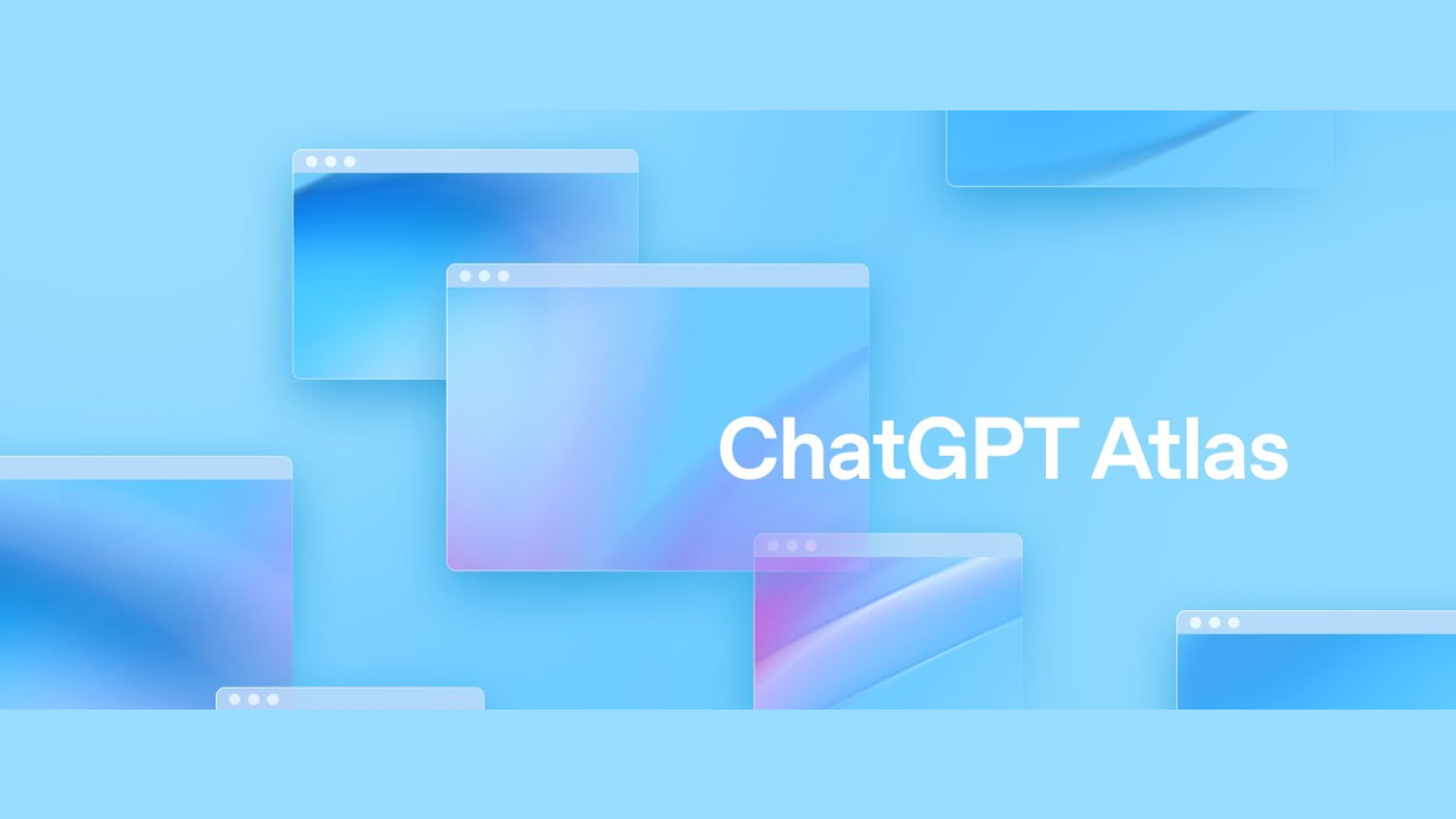
Tab groups are a feature that you either love or hate. If you’re the type of person who never closes anything but still likes organization, this will be music to your ears.
For me, I fall into the category of organization for tabs. I stand firmly on the idea that your browser should lack chaos. So, this is news to my ears, allowing me to group all of my current tabs into neat categories.
ChatGPT model picker
Just like ChatGPT, this will allow you to decide which version of the AI model you’ll be utilising while on Atlas. This, most importantly, can let you choose how much time and effort you to give to a task.
For example, using a thinking model to help plan a long holiday, but using a faster model if you’re just asking what is meant by a particular phrase in an article.
Opt-in ad blocker
Ad blockers being provided by a browser is always a surprising move. While it isn’t clear how this will work, there is a good chance it will be locked behind a paid plan from OpenAI to justify the loss of ad revenue.
It is also unclear how and which ads it will block, but its nice to see these kind of features baked directly into the product.
Agent improvements
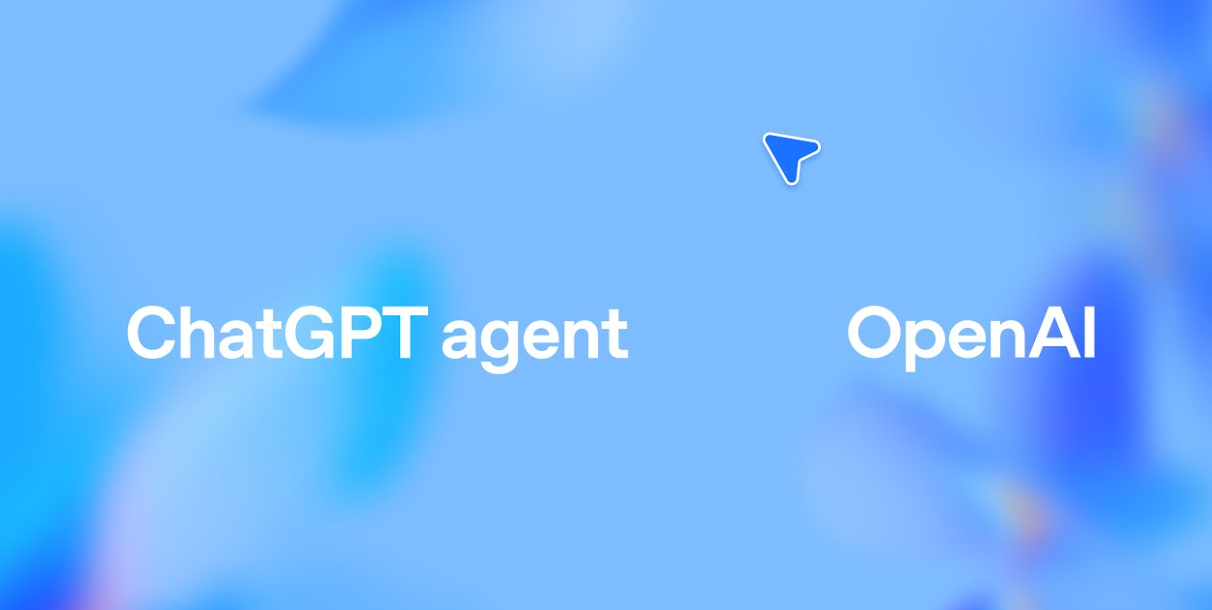
A lot of the updates can be listed simply under ‘agent.’ The built-in AI assistant that can take on tasks for you will get a more reliable ‘pause’ state, as well as seeing improvements in its chain-of-thought animation, and become faster in its time to send its first message.
What does this mean for Atlas?
There are a lot of important updates in this list, and while it is not clear when each of them will roll out, it is promising to see OpenAI be open about the plans for the search engine.
As time goes on, hopefully Atlas can evolve alongside what its fans and users want to see from the model. Fry makes it clear in his X posts that the company is looking into what the public wants and taking this on board.
More from Tom's Guide
- I've been a Chrome user for years — here's why I'm unsure about switching to ChatGPT Atlas
- ChatGPT Atlas is a privacy minefield — here's why and what you can do about it
- I tested Claude Code’s new web app — it makes coding as easy as chatting

Alex is the AI editor at TomsGuide. Dialed into all things artificial intelligence in the world right now, he knows the best chatbots, the weirdest AI image generators, and the ins and outs of one of tech’s biggest topics.
Before joining the Tom’s Guide team, Alex worked for the brands TechRadar and BBC Science Focus.
He was highly commended in the Specialist Writer category at the BSME's 2023 and was part of a team to win best podcast at the BSME's 2025.
In his time as a journalist, he has covered the latest in AI and robotics, broadband deals, the potential for alien life, the science of being slapped, and just about everything in between.
When he’s not trying to wrap his head around the latest AI whitepaper, Alex pretends to be a capable runner, cook, and climber.
You must confirm your public display name before commenting
Please logout and then login again, you will then be prompted to enter your display name.
 Club Benefits
Club Benefits












